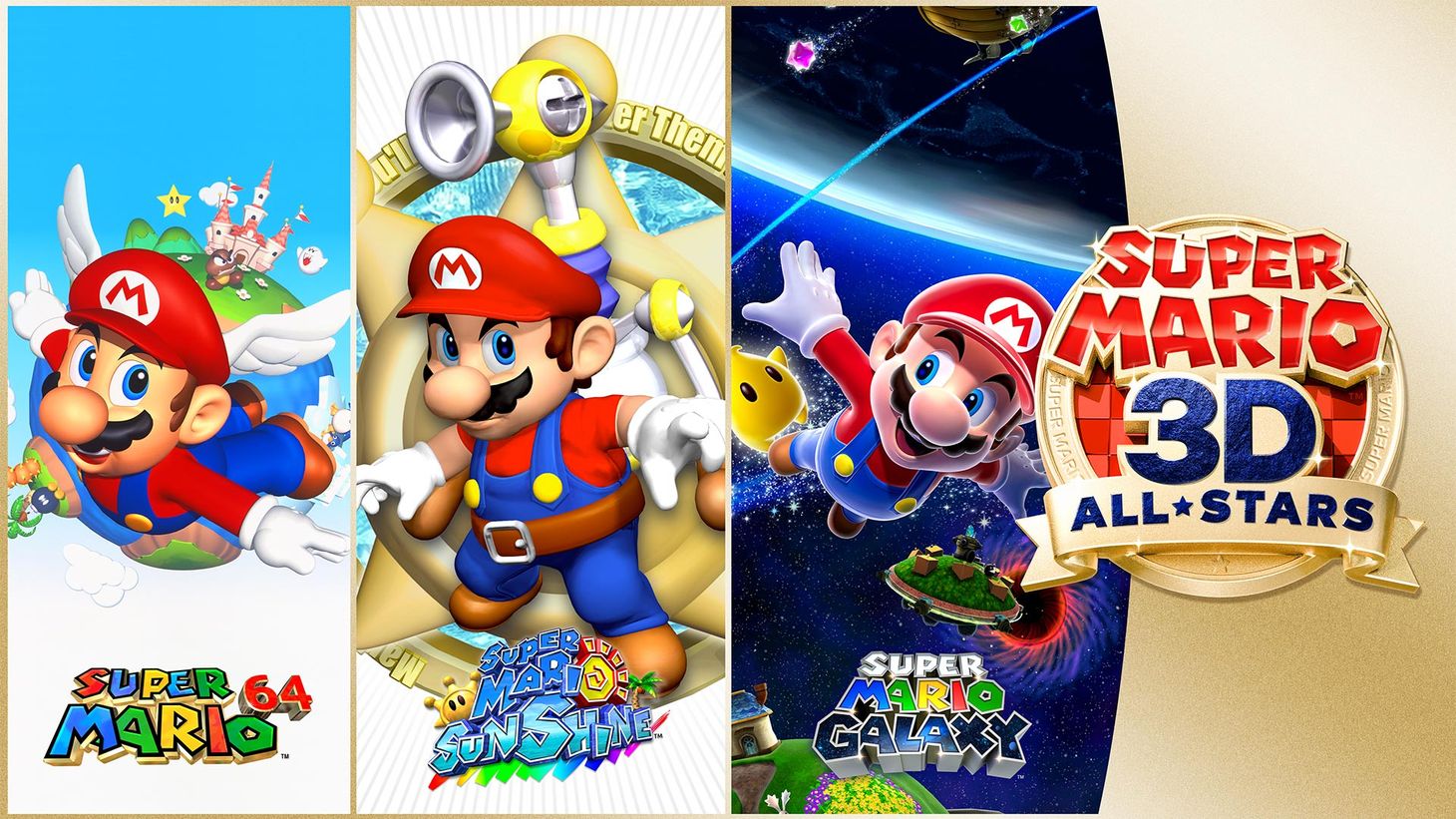I may not meet my own expectations, but I’ll always have Mario
Why is nostalgia so damn helpful in times of distress like in 2020? Psychology, as usual, has the answers you seek.

As restrictions here in Melbourne have started to ease, it seems our everyday lives will be resuming fairly soon. For some, jumping back into the productivity that many of our work lives demand will be a slow burn, as the effects of prolonged isolation keep taking their toll.
I’ve been fortunate enough to maintain a couple of writing jobs during quarantine, but lockdown has been no exception to the unnecessary and sometimes even harmful amounts of pressure that I place on myself quite regularly. Though this has been an issue of mine long before COVID-19 hit our shores, I still find it incredible that my brain has managed to bite back in new and innovative ways during isolation.
Props to you, bully brain! I’ve vacillated a lot between feeling guilty I’m not living up to what others have done with their newfound freetime, and recognising we are living in the midst of a global pandemic. Things are naturally going to be more difficult.
I’m not condoning this thought process by any means. I generally detest the toxic positivity that runs rampant in many circles. Logically, I know how unhealthy and ultimately unsustainable these expectations are, but there’s a very real part of me that hasn’t quite gotten the memo yet.
One thing that has kept me sane throughout this weird hellscape however, is videogames. It’s no secret that gaming has been shown to benefit players in a myriad of ways psychologically and, on a personal note, has proven to be a legitimately useful self-care tool.
If I had a dollar for every time I heard someone say they felt guilty for turning to gaming as a coping mechanism, I’d have enough to afford my rent comfortably. In adult life I’ve discovered there are few times where I get to experience things purely for the sake of enjoyment without feeling a need to worry about other obligations.
Hell, the last time I truly remember letting go was when I was a kid.
Enter Super Mario 3D All Stars, a comfort blanket that’s given me the chance to escape to simpler times, even if only for a few short hours. Diving back into Super Mario Galaxy, one of my all-time childhood favourites, was something that genuinely made me feel better about indulging in a much needed nostalgia trip – and as it turns out, psychology can tell me more as to why this is! Senior Researcher Dr. Jane Cocks, who specialises in the field of gaming and psychology, offered Byteside some thoughts on why nostalgia is so comforting in times of distress.
“Nostalgia is the positive reflection of a previously positive state and context from your current perspective. Researchers argue that it reflects a positive experience, particularly when in negative mood states, and actually serves positive psychological functions such as increases to positive mood, increasing self-esteem, social connectedness, and alleviating stress.
According to Martin Seligman’s PERMA theory of happiness and flourishing, our overall well being consists of five elements; Positive emotions, Engagement, Relationships, Meaning and Accomplishment.
It’s not hard to see how this model links to the benefits that nostalgic material brings us, especially when it comes to boosting our mood, reducing stress and engaging in controlled escapism.
Revisiting media that conjures up positive memories, particularly from a good time in our lives, is something that can not only be helpful in times of hardship, but necessary as well.
“Nostalgia connects the past to the present in the context of positivity and connection,” Cocks explains, in relation to a 2008 study conducted in part by Constantine Sedikides.
According to Sedikides’ research, it’s possible that nostalgia could be the bridge which connects our past self to our present and is also an immensely powerful reinforcement of our own identities.
Sedikides states that, “nostalgia may facilitate use of positive perceptions about the past to bolster a sense of continuity and meaning in one’s life.” Research also suggests that nostalgic narratives ‘feature the self as the protagonist’, so it’s understandable why we feel so deeply connected to reminiscent material.
In relation to the meaning aspect of Seligman’s PERMA theory, playing through Super Mario Galaxy, a game that I still hold near and dear today, is a personal reminder of why I wanted to carve out a space in games writing in the first place. It’s a positive stimulus. Almost like a “reverse trigger”, as Dr. Cocks refers to it.
What this game showed me the most is that I need to embrace the part of myself that fell in love with gaming in the first place, rather than make everything about outdoing my own personal best.
Is that even an attainable goal? I don’t know I’ll ever be sure. But hey, at least I’ll always have Mario.
Byteside Newsletter
Join the newsletter to receive the latest updates in your inbox.



